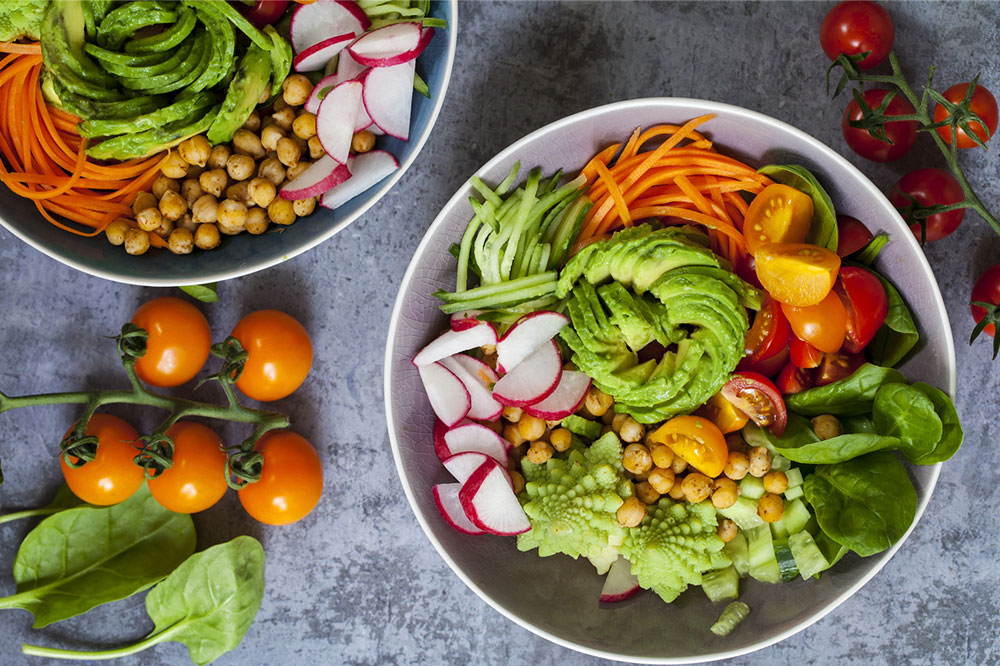
Foods to Eat and Avoid with GERD
If you often feel bloated, suffer from heartburn, and experience belching, chances are that your doctor would have diagnosed it as gastroesophageal reflux disease, commonly known as GERD. According to a study, about 20% of people suffer from this condition. It occurs when acid or bile flows back from the stomach to the esophagus. Since the food we eat produces the acids in the stomach, GERD can be controlled through foods.
Best foods for GERD
1. Vegetables
It is best to eat as many fresh vegetables as possible. They are known to be nutrient-dense and low in fat and sugar. Moreover, vegetables reduce the amount of acid produced by your stomach, reducing the backflow of stomach acids. Potatoes, leafy greens, cucumbers, asparagus, and green beans are some of the best options for GERD.
2. Non-citrus fruits
Fruit lovers can choose non-citrus fruits over citrus fruits. Citrus fruits, such as oranges, tangerines, and lemons, produce more stomach acids and should be avoided. Instead, opt for non-citrus fruits such as apples, bananas, pears, and melons.
3. Whole grains
Whole grains such as oatmeal, brown rice, whole-grain bread, and couscous are great sources of fiber. Research has pointed that whole grains reduce the risk of acid reflux and help with GERD.
4. Ginger
This wonder root is known for its excellent anti-inflammatory properties and is an excellent home remedy for all kinds of gastrointestinal issues and heartburn. Simply add it to your tea or smoothies, or include them in other recipes and see it work wonders for the symptoms of GERD.
Worst foods in case of GERD
1. High-fat food
Foods that contain a large amount of fats relax the lower esophageal sphincter (LES), allowing the acid to move from the stomach to the esophagus, thus causing acid reflux. As a result, people who suffer from GERD should avoid all foods containing high fat. These include all deep-fried foods, dairy with full fat, fried or fatty meat, oily food, and desserts.
2. Chocolates
Chocolate contains an ingredient called methylxanthine that is known for relaxing the LES. This, too, increases acid reflux. Hence, people suffering from GERD should avoid chocolates.
3. Mint
Mint is also known to increase acid reflux. Avoid having mint or products that contain mint or mint flavors.
4. Garlic and onion
Although onion and garlic do not affect everyone suffering from GERD, some people claim that they increase the bouts of acid reflux when they ingest these ingredients. Hence, if you eat these and are prone to acid reflux, consider removing them from your meal plan and observe the result.
It is important to note that GERD cannot be entirely prevented through the foods we eat. However, with your doctor’s guidance and a few lifestyle changes, GERD and its symptoms can be managed successfully.



